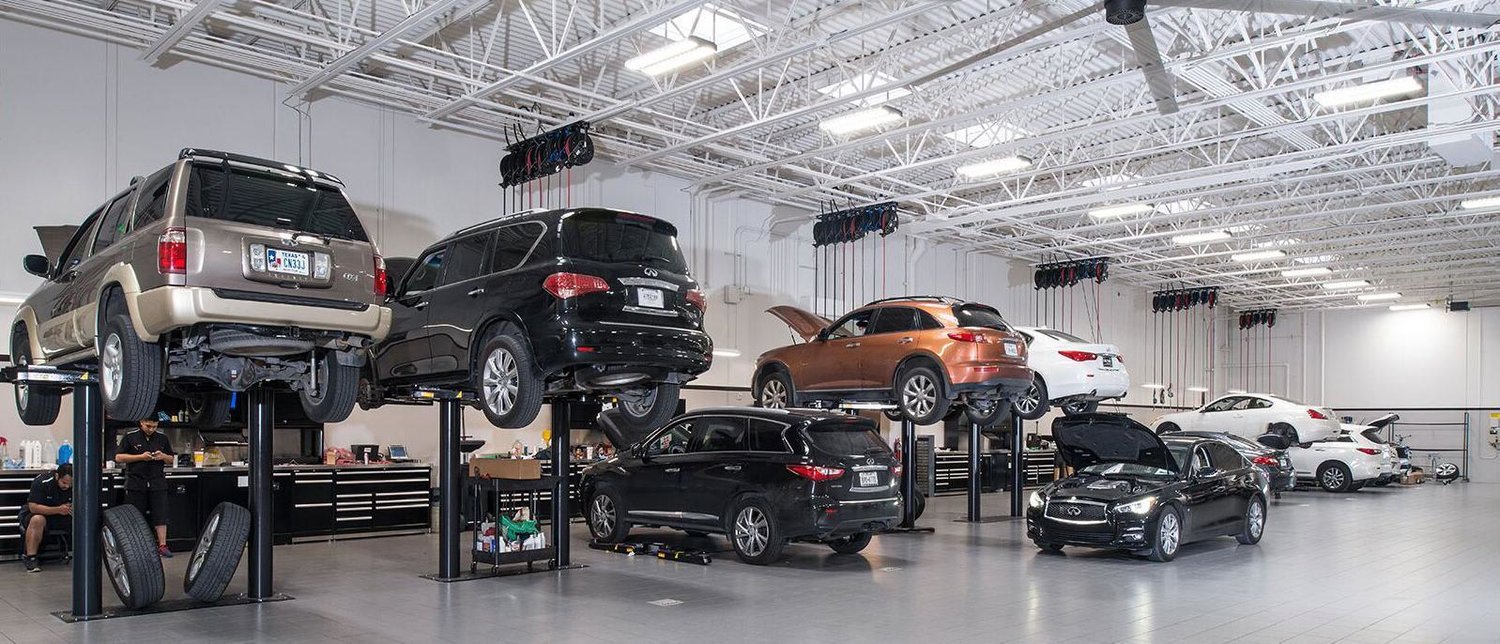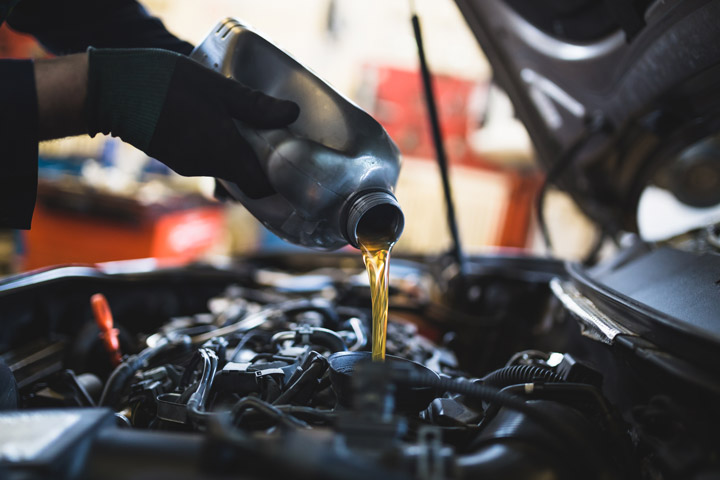All Categories
Featured

Your cars and truck's engine is the heart of your car, and keeping it in leading problem is necessary for optimum performance and long life. Regular engine tune-ups are a terrific method to preserve your cars and truck's wellness, enhance fuel effectiveness, and avoid costly repairs down the roadway. Whether you're an auto fanatic or a person that simply wishes to maintain their vehicle running smoothly, these engine tune-up tips will certainly help you get one of the most out of your automobile.
- Replace Glow Plugs. Spark plugs play a critical function in beginning your engine and making certain smooth combustion. Over time, ignition system can end up being filthy or worn, leading to misfires, lowered fuel effectiveness, and rough idling.
Throughout an engine tune-up, check and replace your ignition system if needed. A lot of lorries call for brand-new spark plugs every 30,000 to 100,000 miles, depending on the type. Consistently changing stimulate plugs makes certain correct ignition and ideal engine efficiency.
- Examine and Tidy the Air Filter. The air filter avoids dust, dust, and particles from entering your engine. A blocked or dirty air filter restricts air movement, creating your engine to work harder and melt even more fuel.
Examine your air filter throughout a tune-up and change it if it's dirty. In dusty atmospheres or areas with heavy air pollution, you may require to change the air filter more frequently. A clean air filter can boost gas performance and extend the life of your engine.
- Evaluate and Replace Belts and Tubes. Belts and tubes are important for different engine functions, such as powering the alternator, water pump, and air conditioning system. Gradually, these components can split, battle royal, or break, possibly leading to failures.
During a tune-up, check belts and hoses for indicators of wear and replace them if required. Changing these components proactively can conserve you from expensive repair work and protect against unexpected failings.
- Clean the Fuel System. Your fuel system, including the fuel injectors and gas lines, can build up dirt and carbon deposits with time, lowering engine effectiveness. Cleansing the gas system throughout a tune-up helps enhance performance and fuel economic climate.
You can use a gas system cleaner or have a professional mechanic execute a much more extensive cleansing. This action is specifically essential for older lorries or vehicles that frequently drive in stop-and-go traffic.
- Inspect the Battery and Charging System. A healthy and balanced battery is vital for starting your engine and powering electric parts. During a tune-up, examine the battery terminals for rust and ensure the connections are tight.
Check the battery's voltage and replace it if it shows indicators of weakness. Furthermore, have the generator and billing system evaluated to ensure your battery remains charged during operation.
- Change the Engine Oil and Oil Filter. Oil modifications are a fundamental part of engine upkeep. Engine oil lubricates moving components, lowers rubbing, and aids manage engine temperature. In time, oil comes to be polluted and sheds its effectiveness.
During a tune-up, change the engine oil and oil filter to maintain your engine running smoothly. Follow your automobile's supplier suggestions for oil kind and modification intervals.
- Inspect the Cooling System. The cooling system stops your engine from overheating. Gradually, coolant can weaken or end up being contaminated, decreasing its performance.
Examine the coolant level and condition throughout a tune-up, and flush and replace it if needed. Inspect the radiator, water pump, and pipes for leaks or damage. A well-kept cooling system helps your engine operate at the ideal temperature and stops overheating.
- Check the Ignition System. A defective ignition system can create beginning issues and minimized engine efficiency. Throughout a tune-up, examine the ignition coils, distributor cap, and blades (if suitable) Change any kind of parts that reveal indicators of wear or damage to make sure smooth and trusted engine operation.
- Pay Attention for Uncommon Sounds. Throughout a tune-up, seize the day to pay attention for any unusual engine noises, such as knocking, ticking, or hissing. These audios can indicate underlying issues, such as shutoff problems, loosened components, or exhaust leakages. Addressing these problems early can protect against more extensive damages.
- Usage High Quality Components and Fluids. When carrying out an engine tune-up, constantly utilize high-grade components and liquids that satisfy your car supplier's specifications. Low-cost or wrong elements can endanger your engine's efficiency and integrity.
Final Thought: A Well-Tuned Engine is Trick to Long life. Routine engine tune-ups are crucial for keeping your auto's performance, effectiveness, and reliability. By changing used elements, cleaning crucial systems, and dealing with possible problems, you can maintain your engine running efficiently for many years to find. Whether you're doing it on your own or relying upon a trusted technician, buying tune-ups is a smart way to safeguard your vehicle and appreciate a more secure, smoother experience.
Latest Posts
Auto Battery Installation Near You! at MO
Thorough Auto Repair Work Services Available! at Car X Tire & Auto
Bare Bones Furnishings-- Where Simplicity Fulfills Toughness
